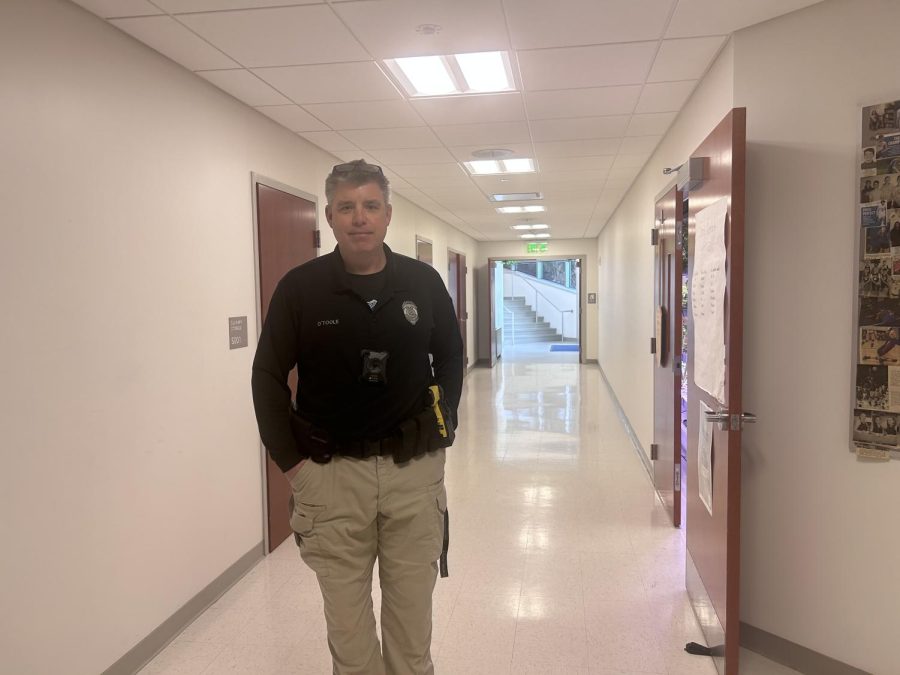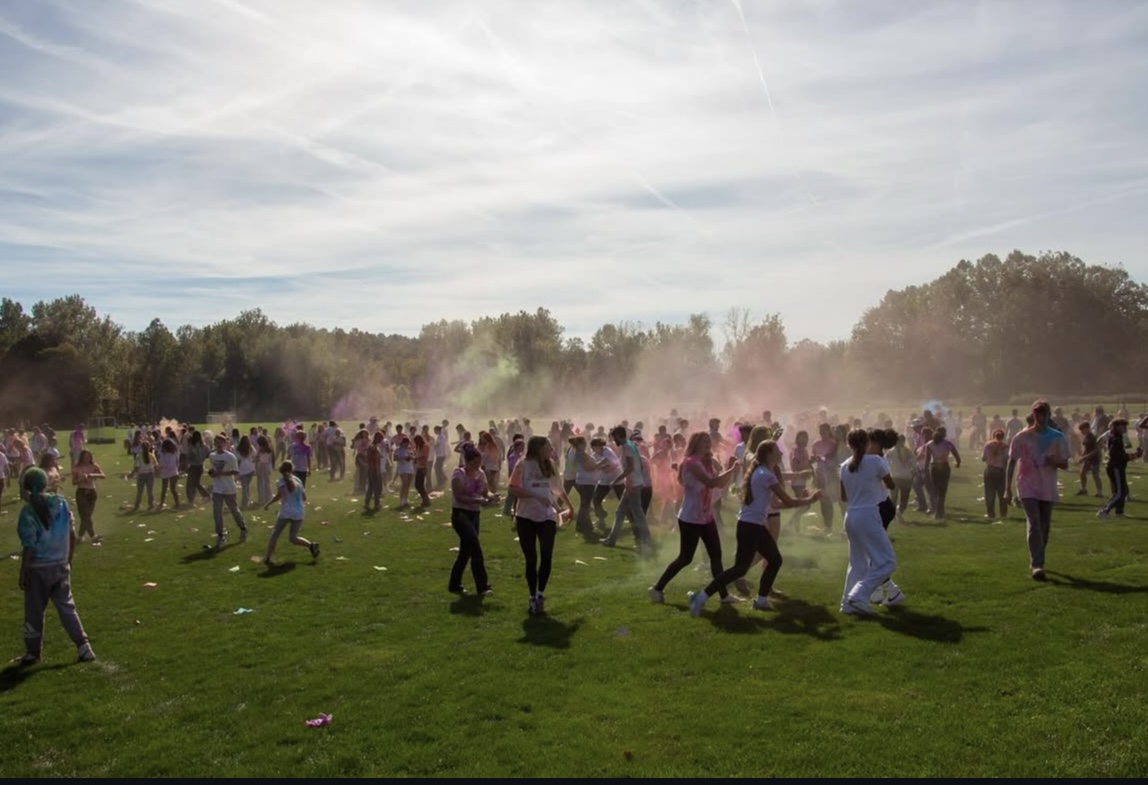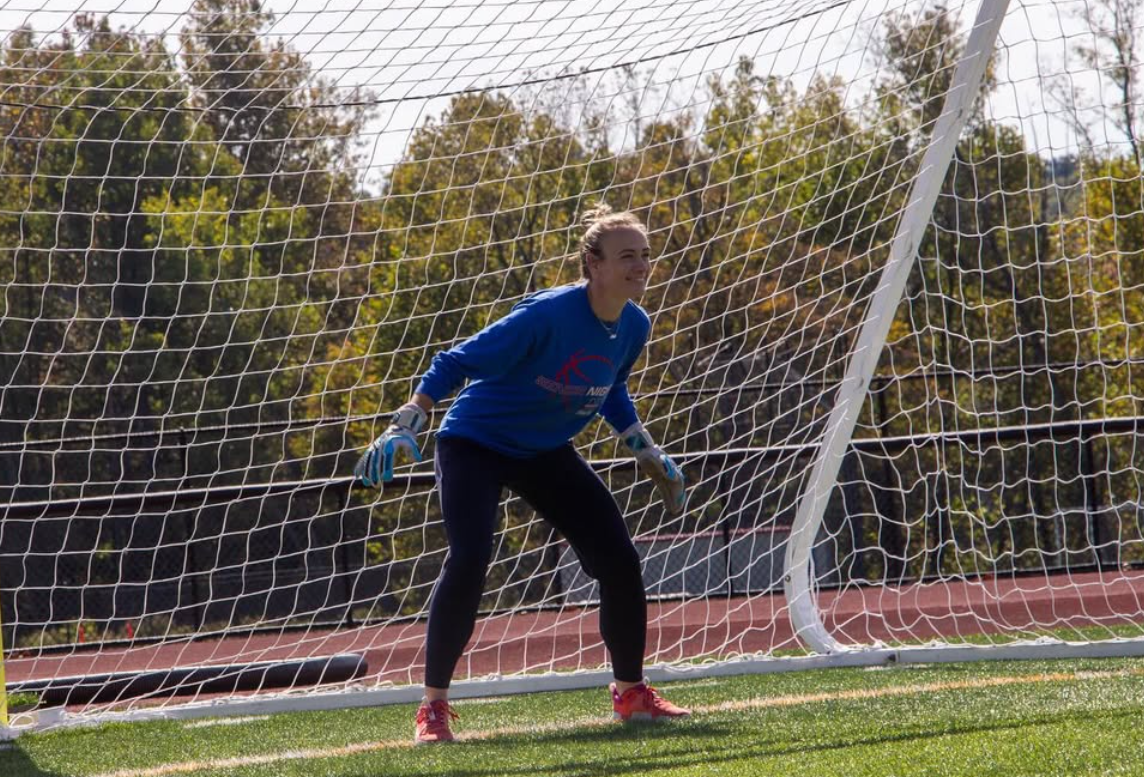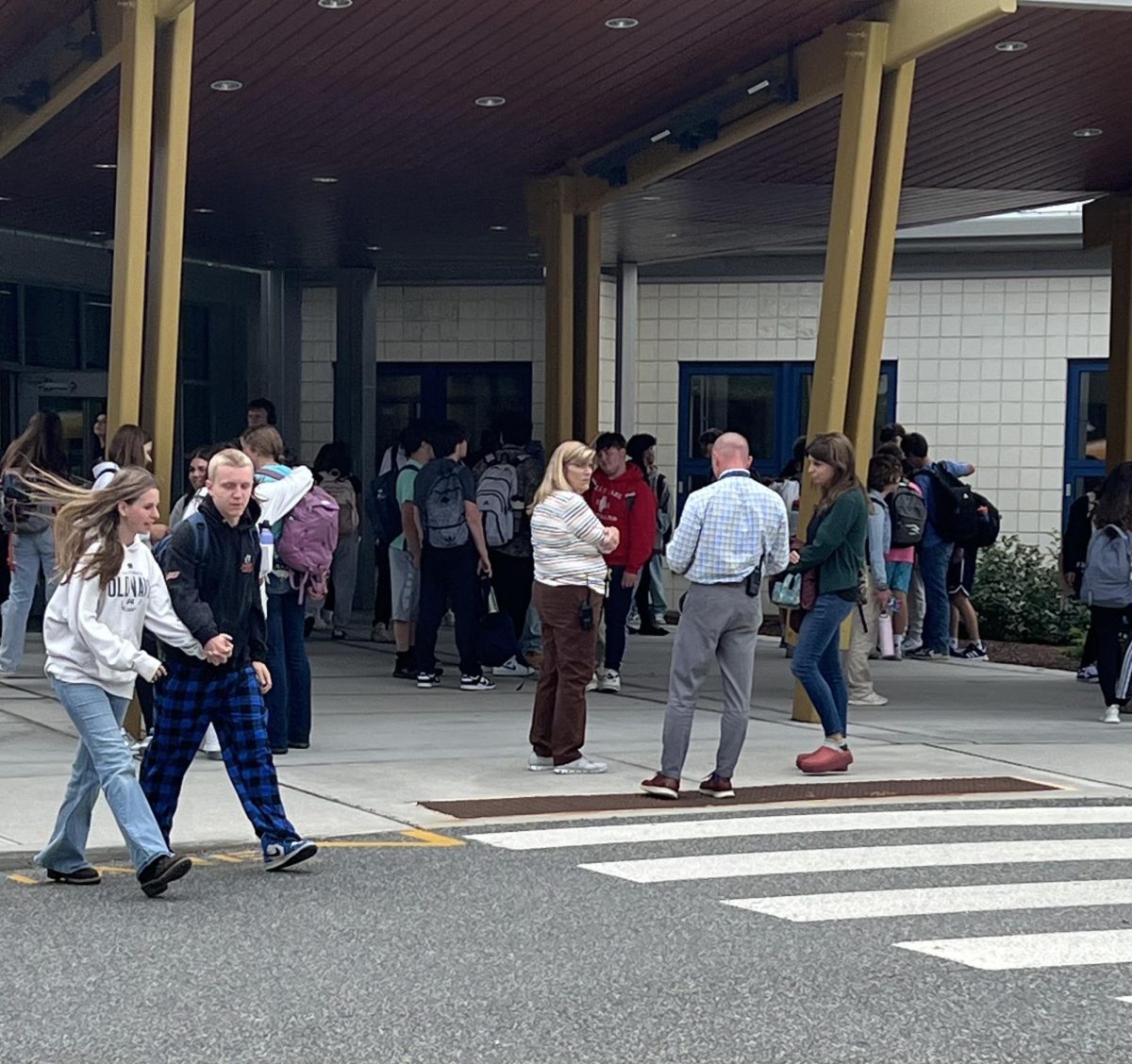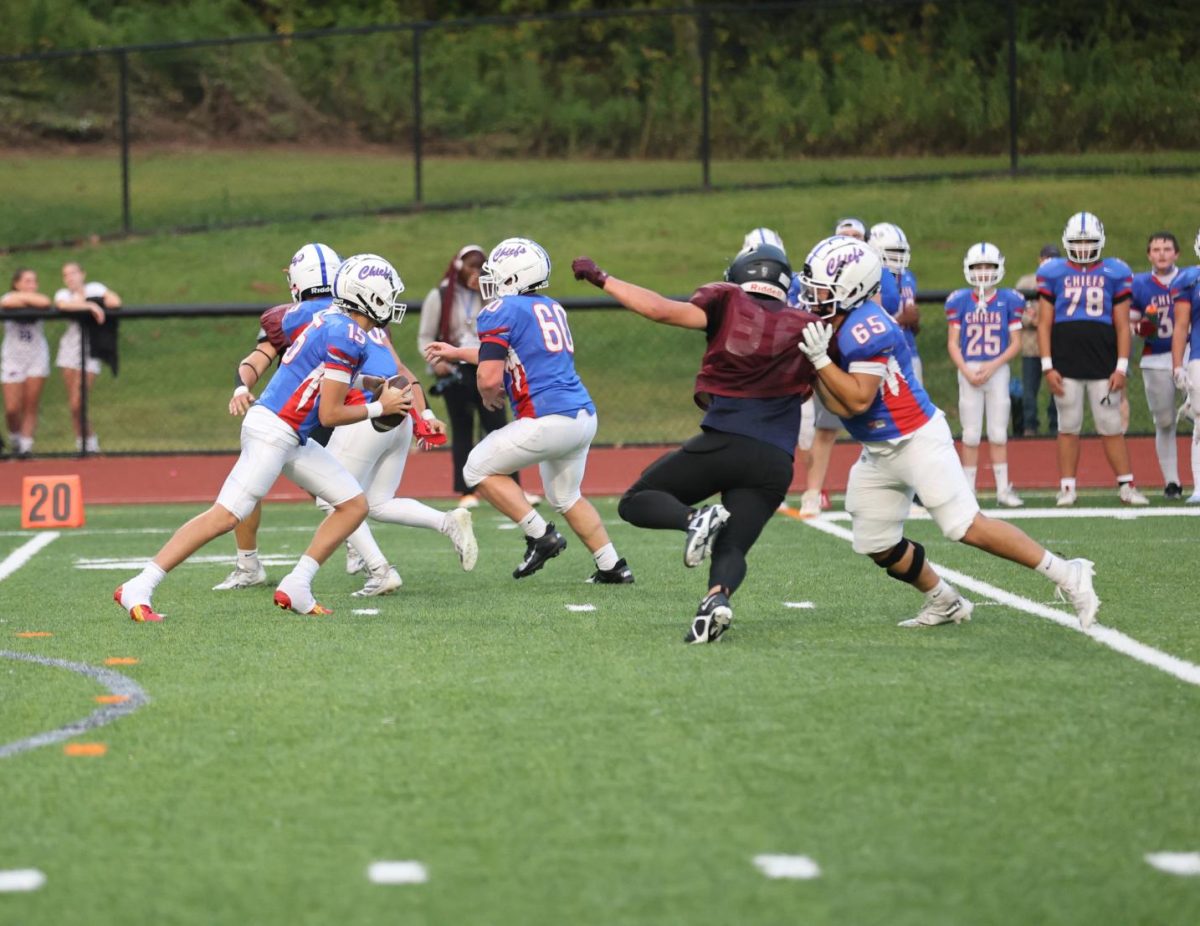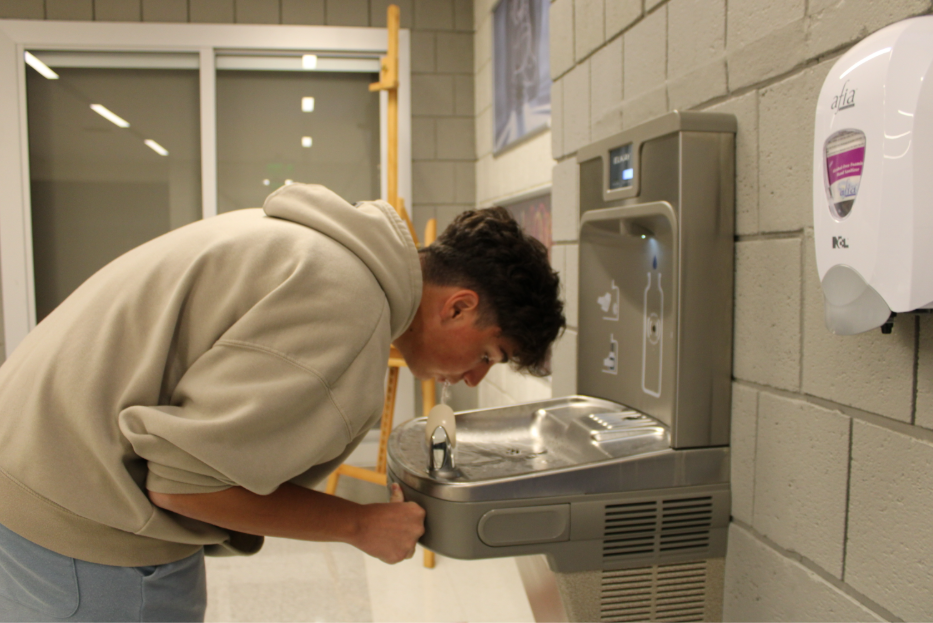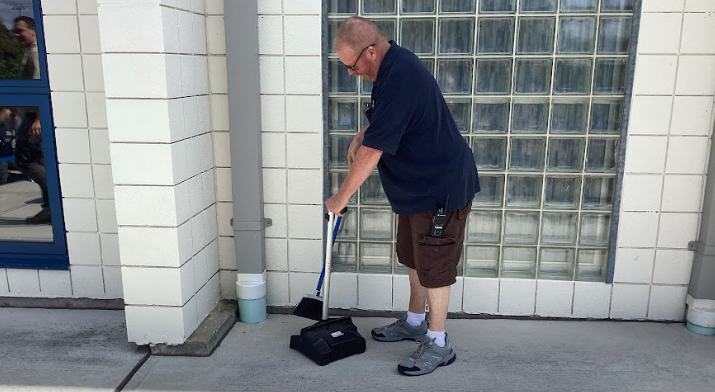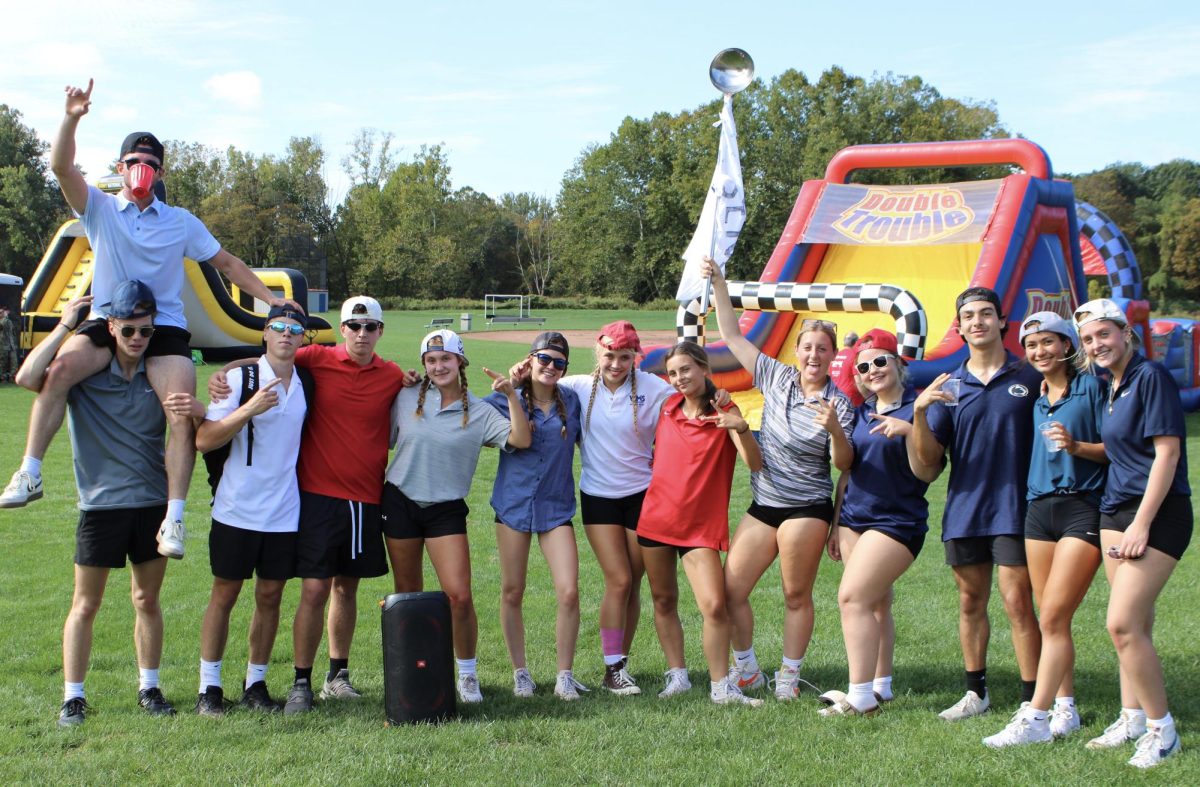Suess: School Safety Supersedes All
Nonnewaug School Resource Officer Chris O’Toole is always going around making sure the whole school is safe for the students and staff. (Jason Suess)
April 4, 2023
There are many different courses for active shooter training to ensure campus safety. The most common practices are ALICE, Run Hide Fight, and CRAS. Even with all of these various programs, practices are ever-changing, so active shooter training officers often make their own protocols using parts of all three of them.
One of the training officers, Officer Rich Marsh of the Woodbury Police Department, uses The First Five Minutes for his active shooter program. He made this safety plan based on multiple different programs and things he has seen doing security assessments.
Some people wonder why there isn’t a statewide protocol for active shooter situations. I have been wondering the same thing.
When an active shooter situation happens, it is beneficial that a teacher knows what to do, from locking the doors to evacuating the building, they can choose what is best for the situation.
Even though we don’t have a standard policy, all of them have one thing in mind: campus safety.
“Most [active shootings] don’t last a long time,” said Officer Chris O’Toole, Nonnewaug High School’s resource officer. “When I am walking around, I am preparing by looking at cameras [and looking] outside. Everyone should be aware because it can save you. My car outside is a deterrent because [most shooters] go to soft targets.”
Every school in Connecticut must have security assessments every two years.
Nonnewaug has an officer wearing plain clothes make the security assessment. Marsh completes Region 14’s security assessments.
“Some of the things that are included in the assessment are as thorough as a walkthrough of the inside and outside of the building and school grounds,” Marsh said. “Without divulging too much information, we are looking for blind spots or weaknesses in the surveillance camera system. For example, how well are the school grounds taken care of? Are there overgrown trees that either allow someone to climb up and gain access to the roof or block the view of the exterior of the school from the inside of the school?”
Marsh’s First Five Minutes program is a mix of all the most prominent protocols. Marsh has incorporated what he sees from his security assessments to improve the First Five Minutes. Police are always looking for new ways to improve school security.
“We look at the overall security and policies inside the school as well. Are doors in good shape, close and latch properly, and kept closed and locked? We look at the sign-in policies for visitors and guests of the school,” Marsh added. “We look at the training that school staff has or doesn’t have for active shooter response. We look at bus and parent drop-off and pickup areas.”
Teachers play a vital role in school security. There are multiple reasons we train staff. In Connecticut, most of these were instituted after the shooting at Columbine High School in Colorado in 1999 because states realized that the teachers were not trained to handle violent critical incidents. Those incidents could be life-or-death situations, so Columbine emphasized the role teachers play in keeping everyone safe.
If safety is what we want for schools, why put a budget on it? When we put a budget on these protocols, there is a chance that there can be inconsistencies in how schools prepare for the worst.
Even though there cannot be a standard protocol for all states, each state can pick a safety plan that fits their state so every school has the right budget to keep everyone safe.
In my experience working as a police cadet in Naugatuck, I have seen that these practices can saves lives, and while it doesn’t matter which one a school uses, these training protocols can all be interchangeable.
Even though Woodbury and Naugatuck use two different programs, the teachers in each district are prepared to deal with any situation that could happen during an active shooter situation or anything else. That is why I feel like there should be training for each state so everyone is prepared.
This is the opinion of Chief Advocate ag/FFA reporter Jason Suess.



